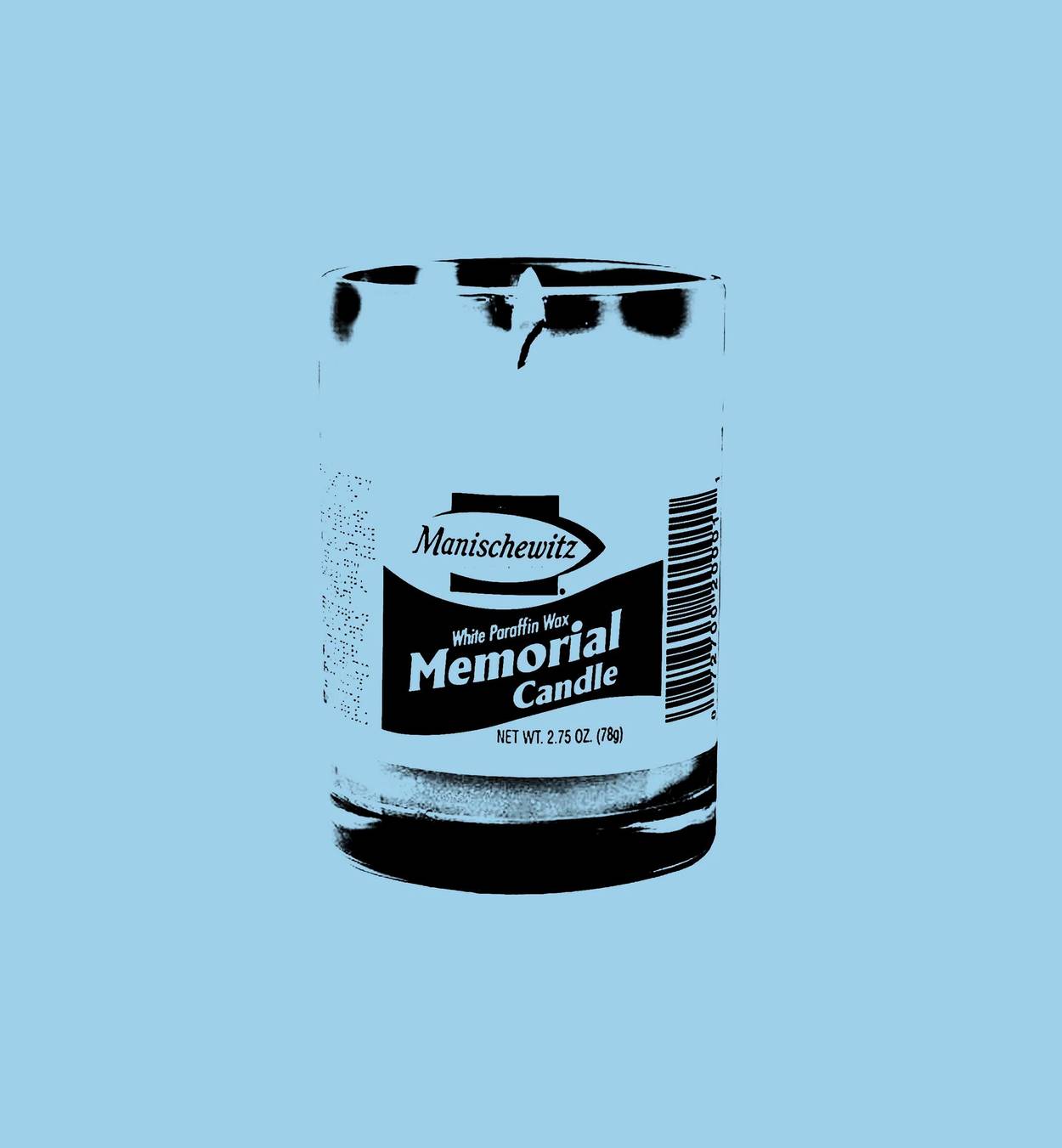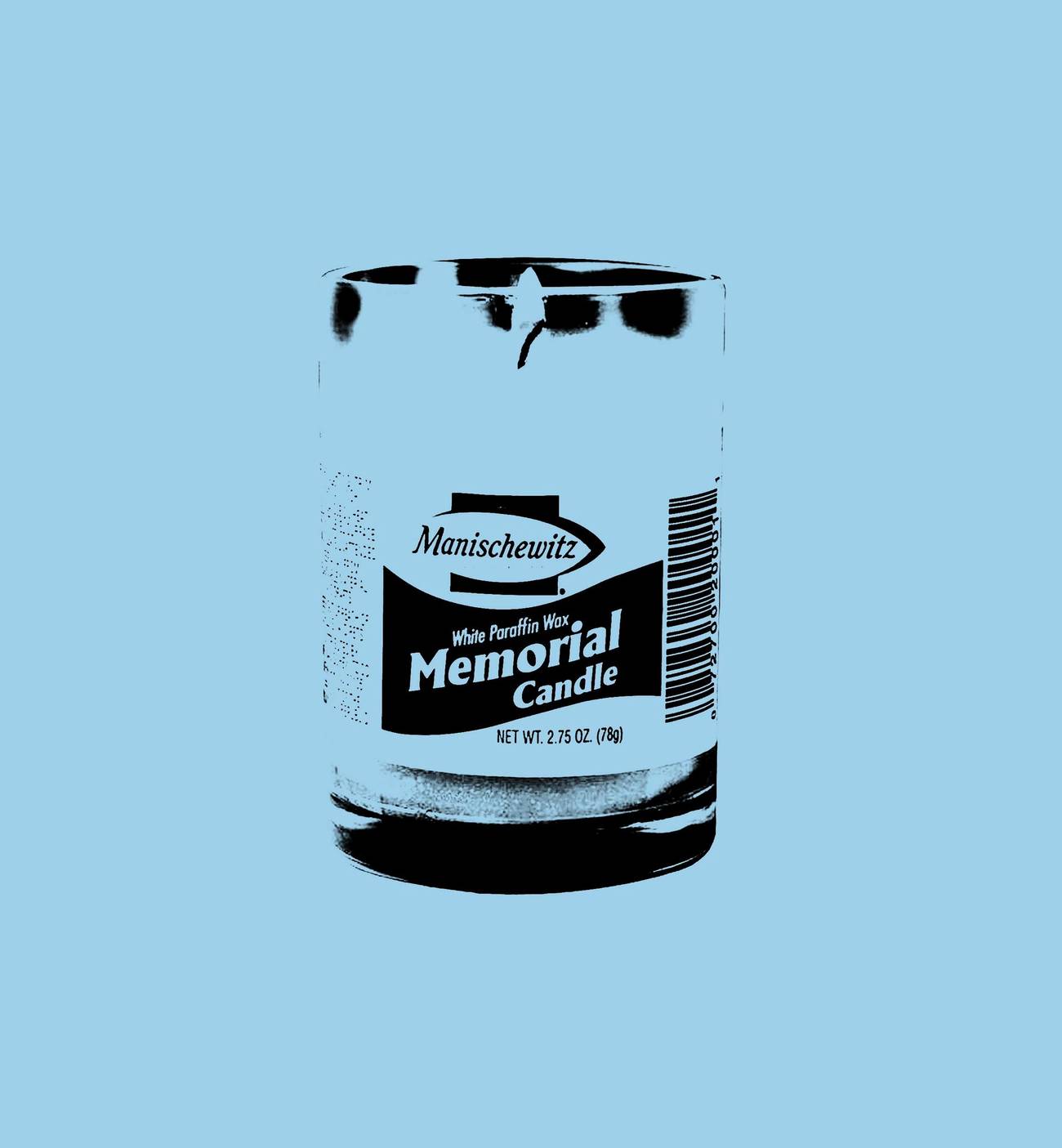Missing My Dad’s Yahrzeit
When my shul closed during the pandemic, I lost the place where I usually commemorate my father’s death and say Kaddish for him




I have always observed my parents’ yahrzeits—until last month, when I missed saying Kaddish for my father because, like houses of worship across the country, my shul was closed. And I wonder what the world will feel like in August, when my mom’s yahrzeit comes.
She died nearly 11 years ago, my dad three. I light a memorial candle and attend services to say Kaddish, a prayer requiring—in the case of my modern Orthodox synagogue—a minyan of 10 men. So far, my shul doesn’t count Zoom gatherings or other virtual minyans as the equivalent of a physical community that otherwise would metaphorically encircle me, support me, and witness one of the significant moments on the calendar of my life.
In normal times, I mark the day of my parents’ yahrzeits at the evening service, Ma’ariv. I return at 6:30 the next morning, if it’s a weekday, for Shacharit. I’m back again late in the afternoon for Mincha, the liturgical times that mark the rhythm of a Jewish day.
I usually lead the three services, a custom for one with such an obligation. But what do you do when social distancing rules prevent it, like so many other rituals, religious or not, from being performed these days?
I’d already curbed my near-daily grocery shopping habit to once every two weeks and signed up for delivery services. I’d stopped going to the gym and worked from home. But when I realized the steps to fight the coronavirus would also mean the closing of my spiritual home on my dad’s yahrzeit, I took it more personally.
“Oh no!” I said, feeling disbelief, then regret, then disappointment.
That evening of the yahrzeit, I joined a Zoom minyan that encouraged mourners and those with yahrzeits to unmute their microphones and say Kaddish at the appropriate time. I did so, but it didn’t feel the same, partly because it wasn’t my community.
In the morning, I went into our sunroom overlooking my backyard, buds barely appearing on a crabapple and a maple tree. I put my tallis on, wrapped tefillin on my left arm and head, and davened morning prayers, softly. I didn’t say Kaddish.
And then I moved through the day, self-isolating and practicing social distancing. At times, I caught myself talking to my dad, a Holocaust survivor and resistance fighter among the Jewish partisans. Was this my war? Our world war? Instead of hiding in the forests against the Nazis, we are hiding out in our homes against a microscopic enemy.
In those random, imaginary moments, my dad shook his head incredulously when I told him what we’re going through. “It’s not the same,” he said, and I saw that sad look on his face whenever he talked about his war and the family members he lost.
“I know it’s not the same, Dad, but still,” I replied. And I could see that he got the fear and uncertainty we’re feeling; appreciated, too, how we’re responding and staying connected to family and community in new innovative ways. I could see him shaking his head again in disbelief, never imagining another war was upon us.
It is different, but the day I missed saying Kaddish made me also feel how vulnerable we are.
Yet, what’s the choice? By day’s end, I felt compelled to take a walk in my neighborhood. I had remembered and honored my dad. I thought, too, about others in our extended family whom my wife and I needed to visit once this plague lifts. That includes a new grandson born a few days before the yahrzeit. His middle name is in memory of my dad.
Leonard Felson has written for the New York Times, The Boston Globe, Reader’s Digest, The Jerusalem Report, and other publications.